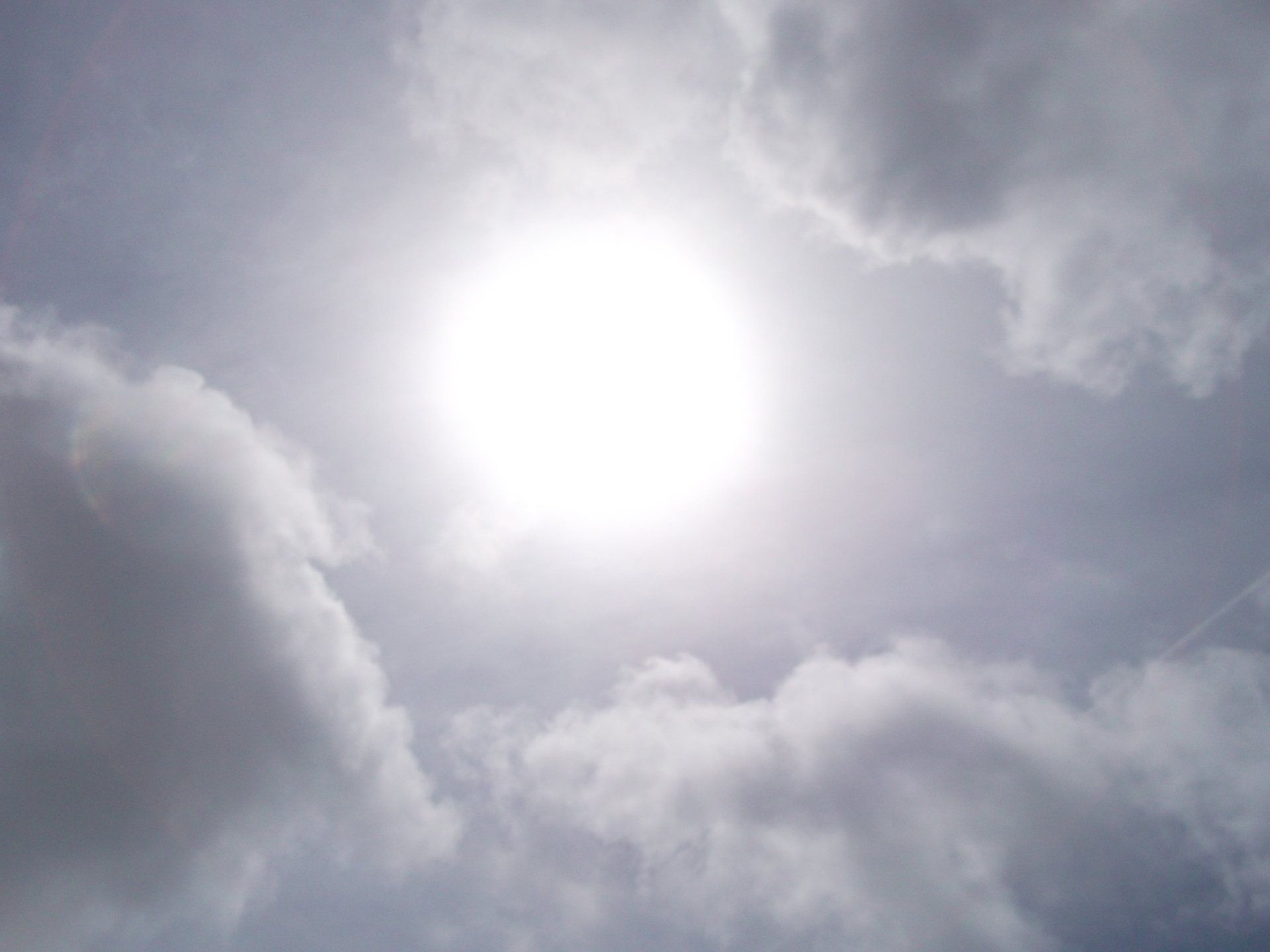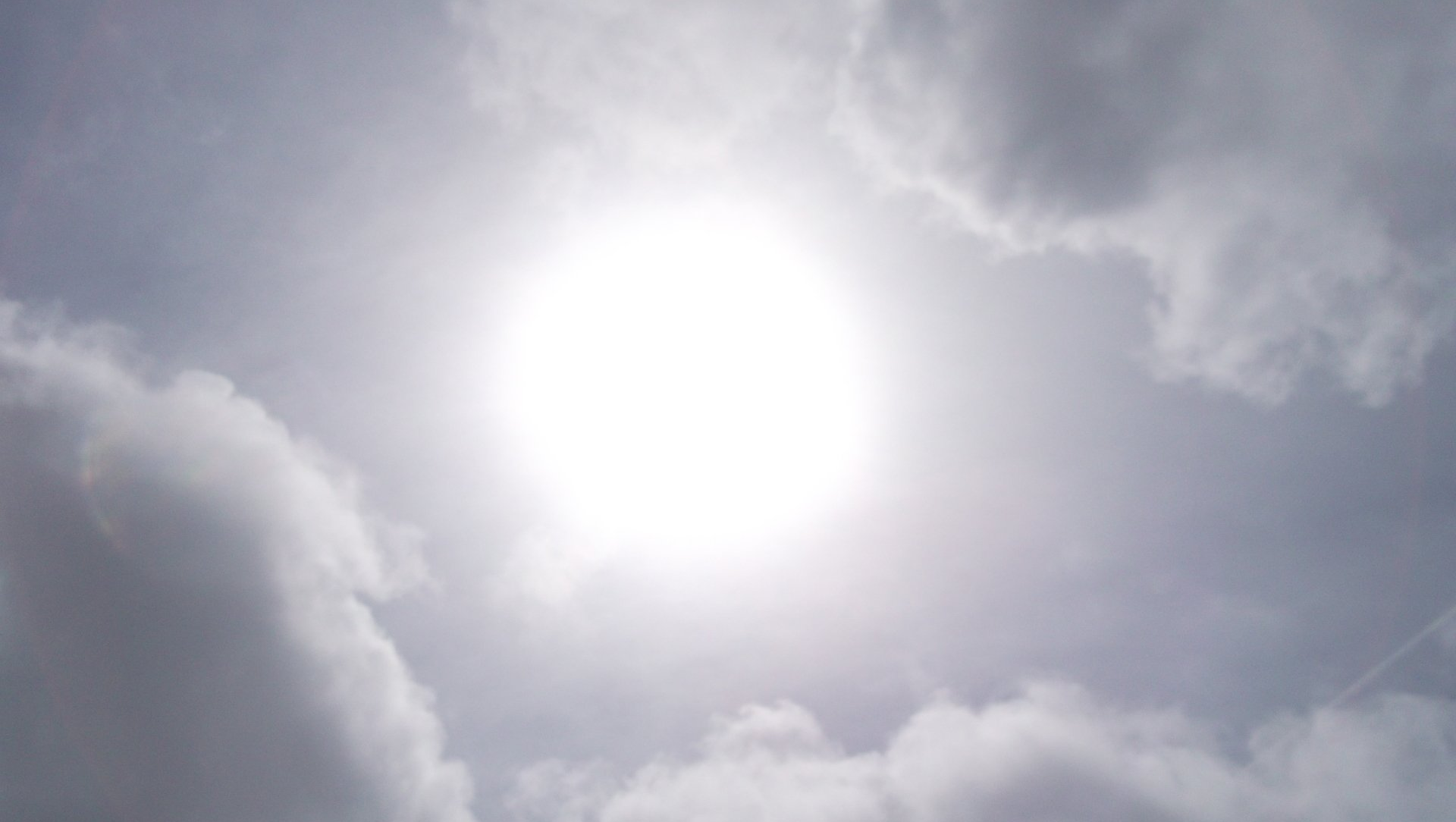Winter Turns into Spring - The Blog
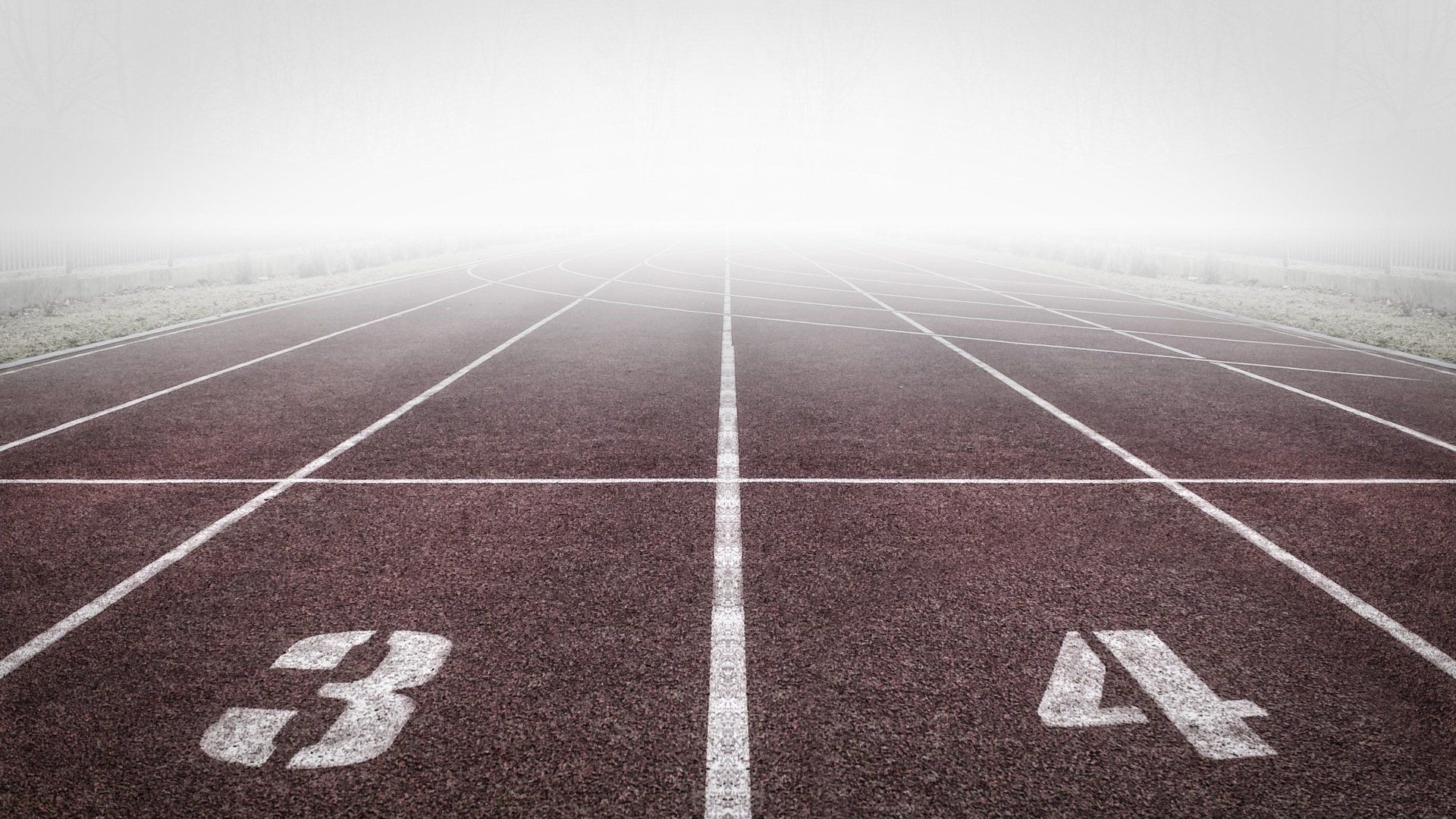
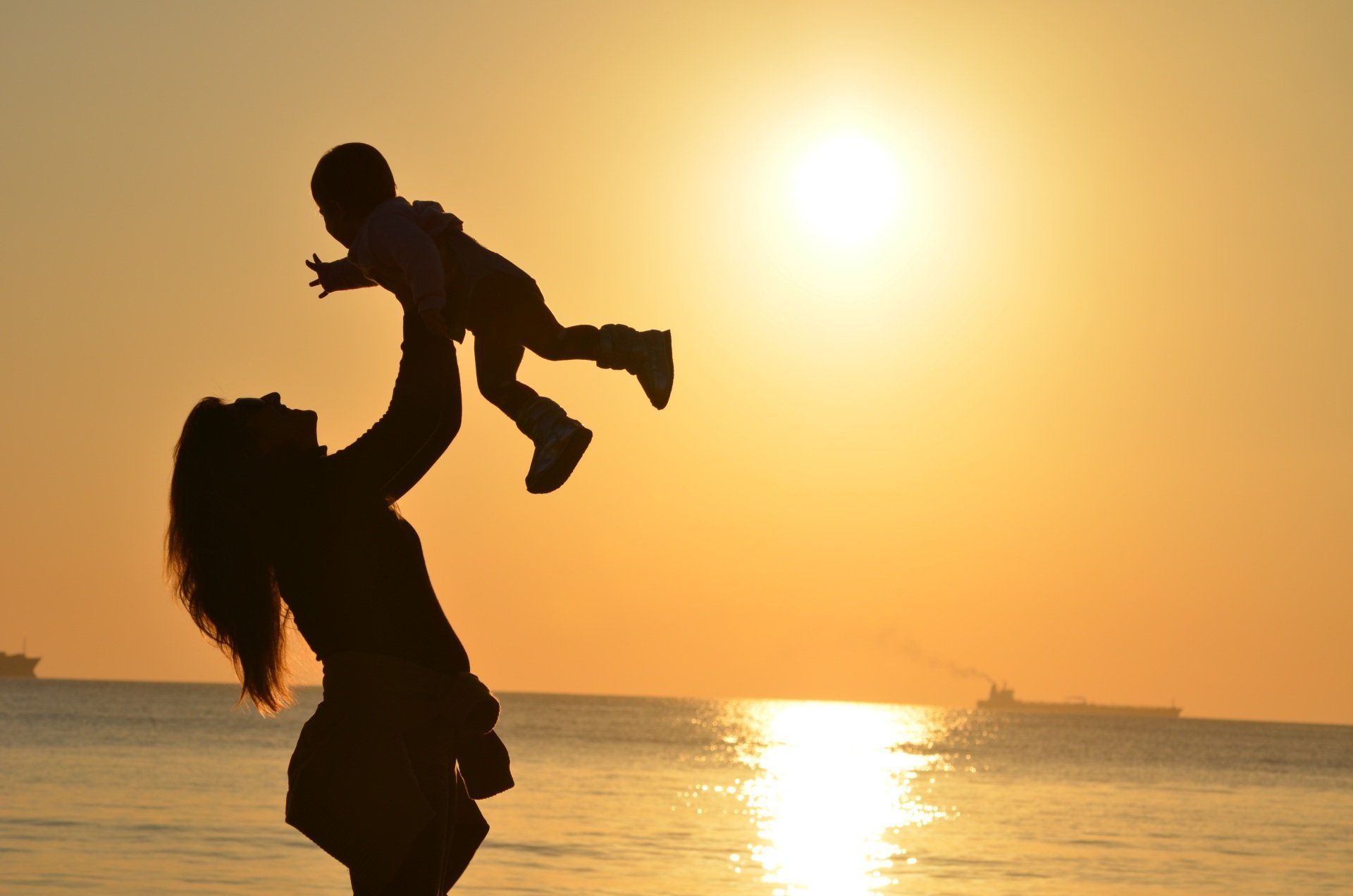
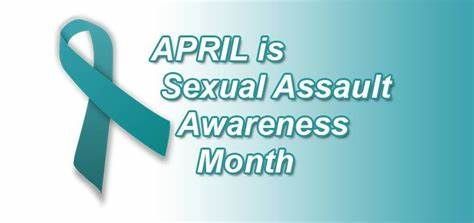
It is clear for all to see: more needs to be done to support children and teenagers, here in the UK. At the time when young people need support, acceptance, compassion and love the most, they are, unfortunately pressured to be and do better. Those who are used and abused at home are the most vulnerable. They are often forgotten by broken and outdated social services and therapeutic approaches that don't meet their needs. So, what are the changes needed to nurture the adults of tomorrow?

In the UK, Young Minds shares the following statistics:
- 1 in 6 children aged 5 to 16 were identified as having a probable mental health problem in July 2020.
- 1 in 3mental health problems in adulthood are directly connected to an adverse childhood experience (ACE).
Parents face many obstacles just to get a GP/ Doctor to take their child's mental health seriously. They are told: "S/he is a teenager. It is normal for them to feel down and act impulsively. Did you try exercises? Doing things together?" It might take another 3 or 4 calls before parents and their children are taken seriously, if they are lucky and have the kind of energy necessary to keep knocking on closed doors.
It has been even more difficult since the start of the COVID-19 pandemic. CAMHS - Child and Adolescent Mental Health Services - have years long waiting lists. The first thing on offer is usually 6 weeks of CBT. For some cases it doesn't even scratch the tip of the iceberg. To get long term support, there are longer waiting lists. In the mean time, the conditions of some young people further deteriorates and, unfortunately, some precious lives end too early.
The priority after months of school closures wasn't the pupils' wellbeing, it was the catching up of their education. Parents and carers received emails informing them schools will focus on attendance and performance. For those in Year 11, they were put under further pressure to revise and pass their GCSEs. when most of these pupils missed lots of schooling or didn't take on the online classes available during lockdowns. There was NOTHING in place to ease these children back into school after the major worldwide trauma we are still all experiencing.
,
The NSPCC has published some briefings of the impact of the pandemic and lockdowns on children safety and welfare.
- There’s been a threefold increase in the number of Childline counselling sessions about child sexual abuse within the family, from an average of 8 sessions per week before the pandemic restrictions were imposed to an average of 23 per week since 23 March 2020.
- Some children told Childline that sexual abuse had become more frequent during lockdown, as they were spending more time with their abuser.
- Over a quarter of Childline counselling sessions about sexual abuse within the family relate to abuse that has happened recently. A fifth of Childline counselling sessions about sexual abuse within the family relate to abuse that has been going on for at least a year.
Mosac's helpline was busier too, during lockdowns. It wasn't that Child Sexual Abuse increased, it was always there, hidden and, being locked indoors, pushed desperate non abusive parents and carers, as well as abused children to reach out for help. Before the COVID-19 pandemic, it was already difficult for children, and their allies to get the support they need and deserve, during lockdowns, services were stretched to their limits, and they still are now, suffering the aftermath of the pandemic measures.
Even when someone hears them, the police and the courts systems are fraud with outdated and misogynist laws and procedures, often tailored by and for white men. Parental rights' to shared custody is often used to push children into the arms of their perpetrator, too often with tragic losses of precious young lives. The innocent parent is often accused of being the manipulative and deluded parent.
The therapies offered are based on patients' disorders not on the patients' natural responses to traumatic experiences. A lot of teenagers find comfort and peace in drinking and in taking drugs, unfortunately, instead of seeing them as the scared children doing their best to stay alive, some social workers, therapists and doctors only see them as addicts, as difficult children who need to grow up, take responsibility for their lives when, most of the time nobody took responsibility to protect, to care for and to love these children. Some adults look down on them, pushing for more discipline and control.
Young people are pushed to work harder than ever, to pass exams at a young age. They are told to sit down, to shut up, to listen to authority and to absorb any information given to them. All children are going through a schooling system tailored to one size fit all only. It doesn't suit every child and those who don't fit the box, are labelled stupid, rebellious and of having serious issues. Some children/ teenagers with mental and physical illnesses, from poorer background, are cast aside. Who hasn't been told, at least by one teacher, that "They aren't good enough and will not succeed in life!"? A life already mapped out for them: go to school, then go University. Get that Degree, then earn £40 000 job. Get a big house, get married before you are 30 years ( have a big wedding, please) and have babies. Bit fit, work hard and be good.
Children don't need disciple - read punishment - they need connected loving presences by their side; their difficult behaviour need to be addressed with compassion too. Fierce Compassion, which includes loving and caring but also setting firm boundaries, fair "rules" to follow, decided together and that include all persons involved. Of course, each family, each child/ teen is different. Unfortunately, there is no handbooks attached to our children's wrists, at birth.
They need at least ONE adult they can turn to, even when they think they've just done the worst mistake of their young life. Especially when they think they've just made a terrible choice! A mother they can talk to about their experiences. Or a father who will not shame nor blame them for being young humans with a developing brain, growing bodies who are getting to know themselves outside of their relationships. An adult who will give them the love and care they don't get at home, and embrace them with their pain, anger and hurt, making it clear what is healthy and unhealthy as well as providing the right support - counselling, a safe place to live in, help to choose a college or any form of education etc.
It isn't complicated: they need our love and our protective fierceness. The best way to lead them is by example. We can show them how to become a compassionate mess (We aren't perfect and so aren't they!) and how to find their own inner resources.
Any thoughts and experiences you would like to share?
Sylvie
Resources and support for LGBTQA+ teenagers and young adults go to The Be You Project and Young Stonewall
And a little Self-Compassion goes a a long way! Watch the video below.
